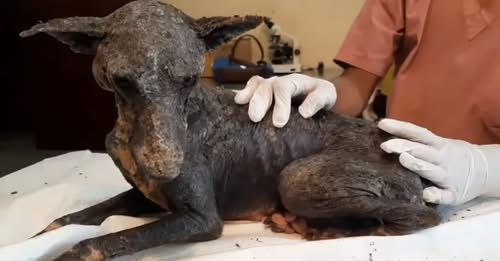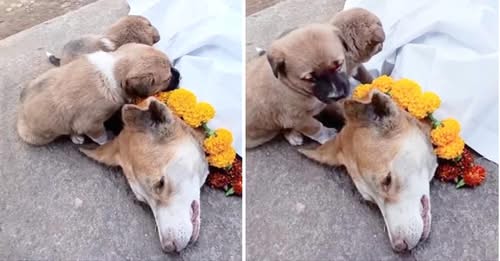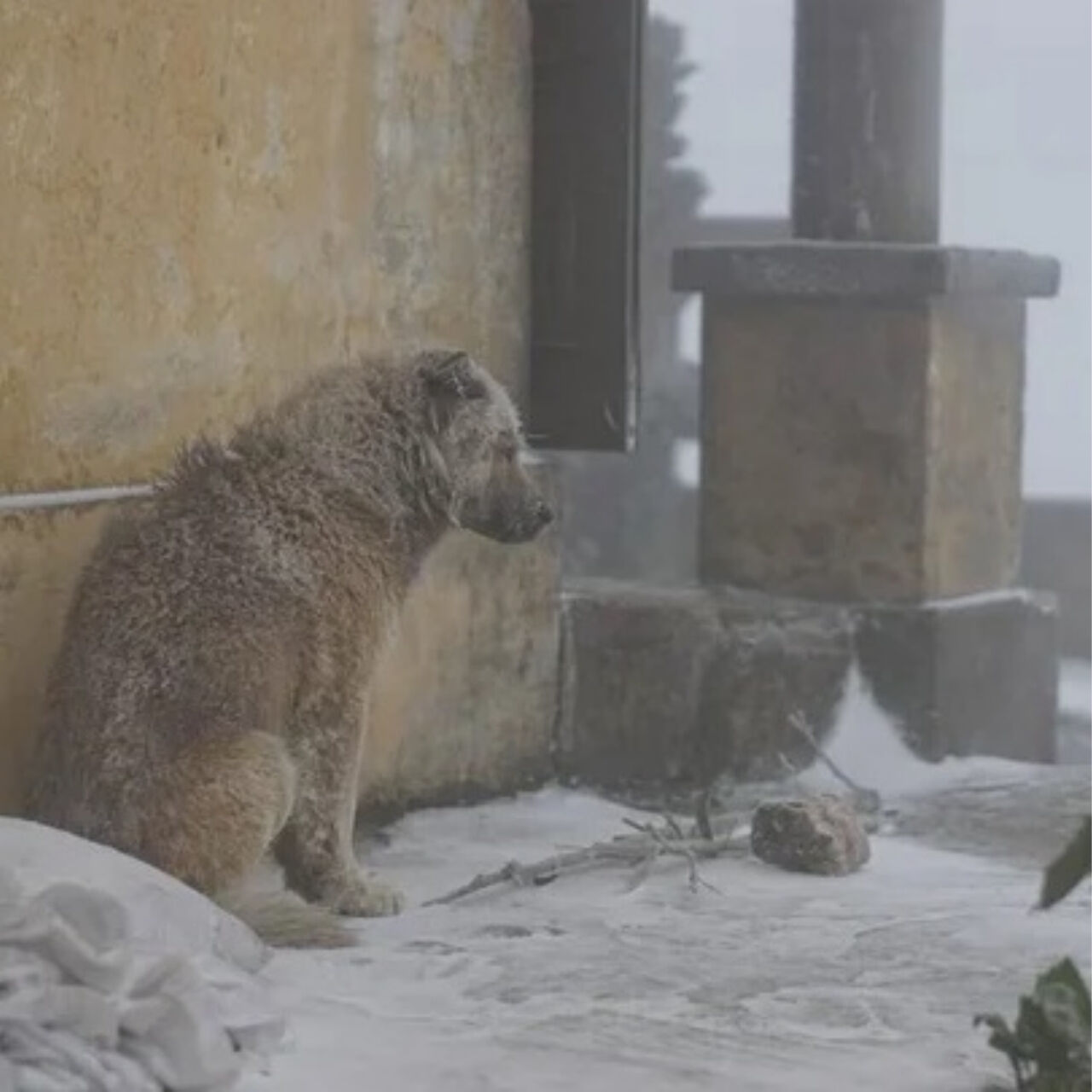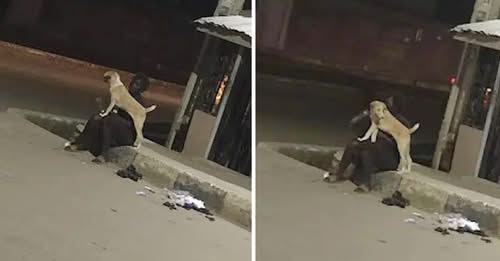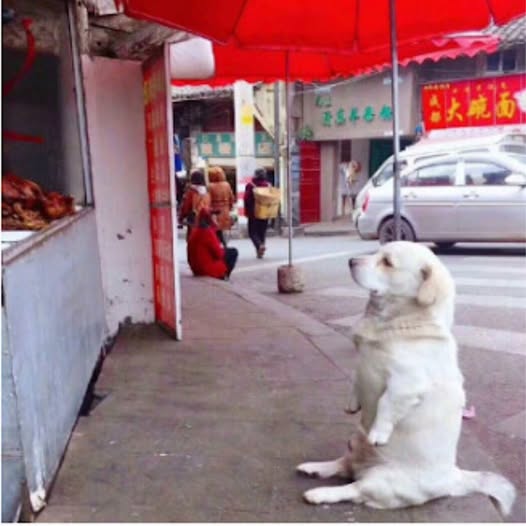The smoke of the bushfires still lingered, but Sergeant Major Ken “Rusty” Rutherford and a team of veterans had a new mission: saving koalas. At Koala Creek Sanctuary, they rescued burned, orphaned, and traumatized marsupials, tending to singed paws, picky eaters, and tiny joeys needing round-the-clock care. Former soldiers became caregivers, using discipline, skill, and patience to heal both body and spirit. Days were long, but slowly, trust returned. Finally, young Vixie was ready. She climbed a eucalyptus, paused to look back, then disappeared into the wild—free. Rusty and his team weren’t soldiers anymore, but protectors still, ensuring hope survived amidst the ashes.
This new mission was unlike any they had faced before. The enemy was not an opposing force but the lingering ghosts of devastation: infection, starvation, and a profound, paralyzing trauma that echoed in the vacant stares of the rescued animals. For men like Rusty, who had spent decades in environments demanding vigilance, structure, and a certain emotional armor, the work at Koala Creek Sanctuary was a paradigm shift. Yet, the skills honed in the military proved unexpectedly, almost poetically, suited for the task. The unwavering discipline required for a pre-dawn patrol was now channeled into the meticulous, round-the-clock feeding schedule for an orphaned joey weighing less than a kilogram. The patience learned while on watch in the dead of night was now applied to sitting silently for hours, waiting for a terrified koala to finally accept a freshly cut eucalyptus leaf. The logistical prowess used to run a command post was repurposed to organize medical supplies, manage volunteer rosters, and maintain the sanctuary with military precision.
The parallels between the healers and the healing were impossible to ignore. Many of the veterans on Rusty’s team carried their own invisible wounds, scars left by experiences that civilian life struggled to comprehend. They understood what it meant to be hyper-vigilant, to see threats in shifting shadows, and to feel disconnected from the world around them. In the quiet, traumatized koalas, they saw a reflection of their own struggles. An animal that flinched at a sudden noise or refused to leave the safety of its enclosure was speaking a language the veterans intuitively understood. They knew that healing wasn’t about force or command; it was about establishing a perimeter of safety, demonstrating unwavering reliability, and earning trust one small, consistent act of kindness at a time. The mission was not simply to treat singed paws and administer medicine; it was to convince these creatures that the world could be safe again.
In doing so, a profound, reciprocal healing began. The act of nurturing a fragile life became a powerful antidote to memories of destruction. For a soldier trained to be hard, to suppress emotion in the face of chaos, cradling a tiny, helpless joey and providing it with warmth and nourishment was a transformative experience. It was a permission slip to be gentle, a reason to access a well of compassion that the rigors of service often required them to wall off. The silence of the sanctuary, punctuated only by the soft rustle of leaves and the occasional grunts of the koalas, was a stark contrast to the noise of their past. Here, silence was not menacing; it was a space for connection. There were no orders to follow, only the quiet needs of a living being that depended on them completely. This radical shift in purpose began to mend parts of themselves they thought were permanently broken.
A day at the sanctuary unfolded with a rhythm dictated by care. It began before sunrise, with the methodical preparation of specialized milk formulas and the careful selection of the freshest eucalyptus leaves—a task that required surprising expertise, as koalas are notoriously picky eaters. The veterans, men and women who once handled complex weaponry, now debated the merits of Mannifera versus Radiata leaves with the seriousness of strategists. The morning was for wound care, a delicate process of cleaning burns and applying soothing balms to cracked paws. It demanded a steady hand and a calm demeanor, as any sign of stress from the caregiver could be transmitted to the already anxious animal. They learned to read the subtle language of a koala’s body: the flicker of an ear, the tensing of a shoulder, the slight widening of an eye. These were the communiqués from a voiceless patient, and the veterans became expert interpreters.
The story of Vixie was a testament to their success, a single victory that represented the entire purpose of their mission. When she first arrived, she was a bundle of raw terror and grief, having lost her mother and her entire world to the flames. She refused to eat, shrank from touch, and spent her days curled into a tight, defensive ball. It was a veteran named Dave, a quiet man who rarely spoke of his own tours, who took her on as his personal project. He sat with her for hours every day, speaking in a low, calm voice, never trying to force interaction. He simply offered his presence as a constant, non-threatening fixture in her new reality. He found the one type of eucalyptus she would nibble on and patiently offered it, leaf by leaf, until she began to eat on her own. He built her a special climbing structure, encouraging her to regain her strength. Her eventual release was a quiet, deeply emotional ceremony. Watching her climb that tall gum tree, pause for that final, knowing look back, and then confidently leap to the next branch was a validation more powerful than any medal. She was a living symbol of resilience, proof that from the deepest ashes, life could not only survive, but thrive.
For every Vixie, however, there were other battles that tested their resolve. There were animals too grievously injured, whose suffering could only be ended with a final act of mercy. Holding a creature in its last moments, providing comfort and dignity where there could be no cure, was perhaps the hardest duty of all. Yet, even in these moments of loss, the veterans found meaning. They were ensuring that no creature would die alone and afraid. It was the ultimate expression of their role as protectors, a final salute to a life that mattered. They were no longer fighting for a flag or a border, but for the fundamental principle of compassion. In the ashes of the Australian bush, these former soldiers had built more than just a sanctuary for koalas. They had constructed a sanctuary for themselves—a place of purpose, of community, and of profound, life-altering peace. They had come to save the koalas, but in the end, they had also saved a piece of each other.

